FOOD
Can Dogs Eat Peanut Butter? Benefits and Risks of Feeding PB to Dogs
페이지 정보
본문
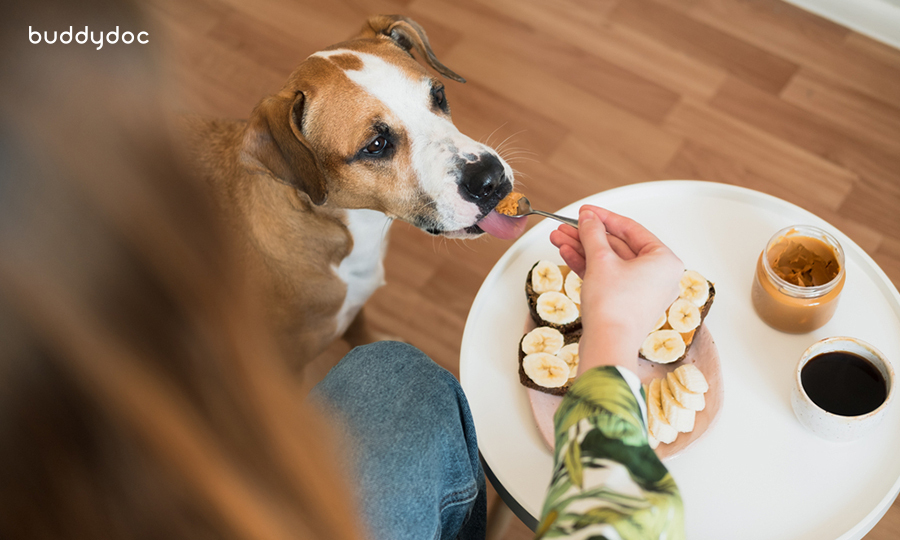
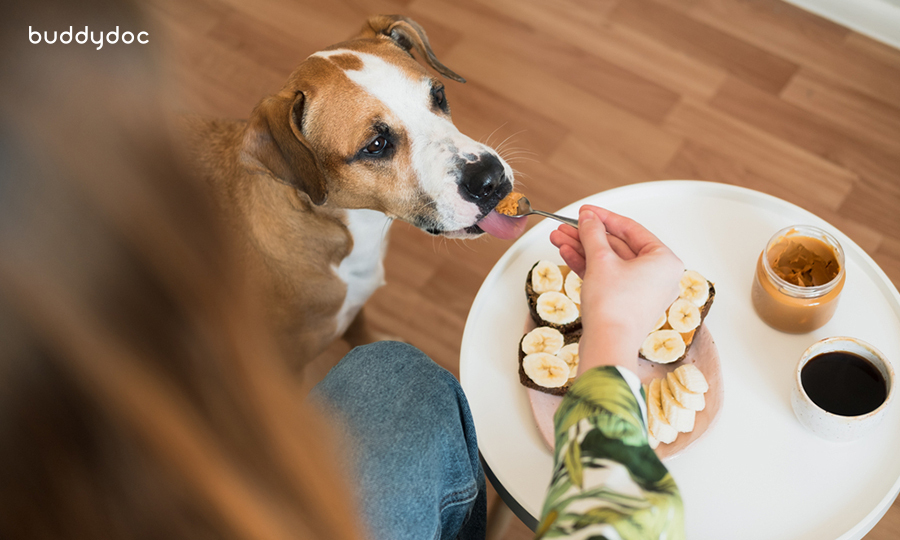
Can dogs eat peanut butter? YES!
Most peanut butter is safe for dogs, and a moderate amount can provide health benefits to them. Peanut butter contains protein, healthy unsaturated fats, vitamins B and E, and niacin, which can be beneficial for dogs when consumed in appropriate amounts. However, it's important to note that peanut butter available in stores often contains high sodium levels and various additives which can be harmful for dogs to consume. It is vital to check the label for that reason and if it contains xylitol, which is a toxic substance to dogs.
Nutritional facts of peanut butter for dogs
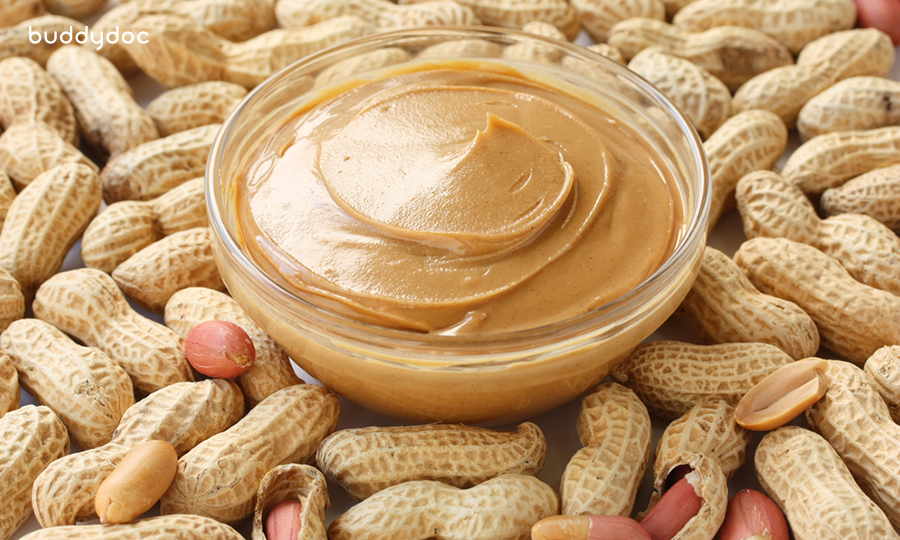
Peanut butter is a tasty food that dogs love, making it a good treat for picky eaters. When consumed in moderation, peanut butter provides a rich supply of nutrients that can contribute to a dog’s overall health, such as protein, healthy unsaturated fats, and vitamins.
Main nutritional benefits of peanut butter for dogs
-
Protein
Peanuts, the main ingredient in peanut butter, are a rich source of plant-based protein. The amino acids that make up this protein are essential for dogs.
-
Unsaturated fats
Fats provide energy and help regulate inflammation, promoting healthy development and the overall well-being of a dog. They also contribute to maintaining healthy skin and coats.
-
Vitamin B
Vitamin B supports proper nervous system function and aids in the digestion and metabolism of fats and proteins. It can also enhance a dog's cognitive function, learning, and memory.
-
Vitamin E
Vitamin E is a powerful antioxidant that protects against damage caused by free radicals and strengthens the immune system.
How to safely serve peanut butter to your dog
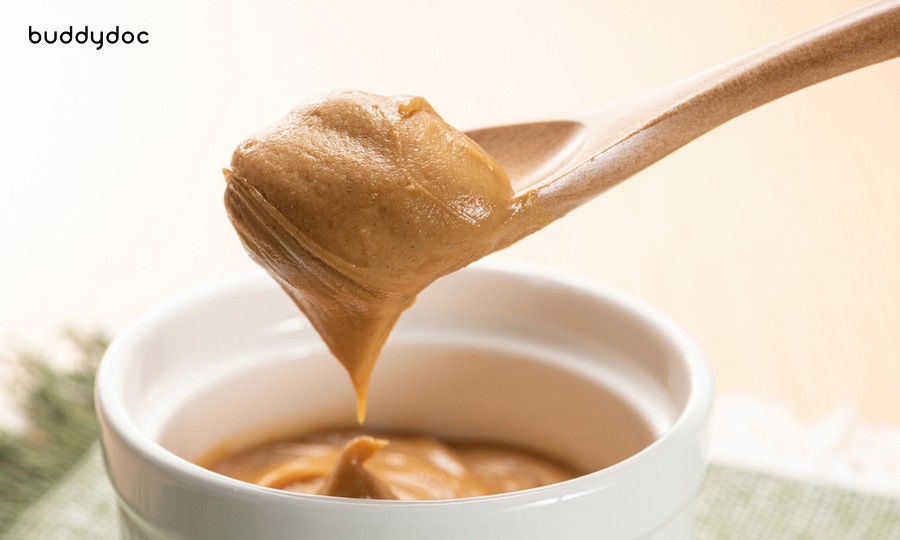
The first thing is to ensure that the label does not include any xylitol and opt for low-sodium peanut butter whenever possible. It is recommended to purchase natural or organic peanut butter as they will have less or no added sugars, salts, or preservatives, which are generally healthier options for your dog. Peanut butter should be fed in moderation due to its high sugar and calorie content. Excessive consumption can lead to weight gain and other health issues. Always remember to follow the 10% rule, you do not want to exceed 10% of your dog’s daily calorie intake with treats and snacks such as peanut butter.
How much peanut butter can I feed my dog?
The appropriate serving size of peanut butter depends on your dog's size. For smaller dogs, a teaspoon or two is usually sufficient, while larger dogs may be given a tablespoon or two. Avoid giving large amounts all at once, especially for small dogs, as it can cause stomach upset. Peanut butter is a great treat for training purposes. Make sure to adjust your dog’s regular meals accordingly to avoid overfeeding if you use peanut butter as a training treat. If you have any concerns, it is always best to consult with your veterinarian. They can provide personalized advice based on your dog’s individual needs.
Cautions to consider when feeding peanut butter to dogs
Xylitol
While most peanut butter is safe for dogs, some peanut butter products may contain xylitol. Xylitol can cause a rapid release of insulin in a dog's body, leading to a significant drop in blood sugar levels. This can result in hypoglycemia and, in severe cases, can be life-threatening.
Signs of xylitol poisoning:
- Weakness
- Loss of coordination
- Sudden collapse
- Seizures
Avoid feeding peanut butter to dogs with kidney problems
Peanut butter has a high sodium content, making it unsuitable for dogs with kidney issues.
High-fat content
Due to its high-fat content, peanut butter is not recommended for dogs on a restricted diet or those who are overweight.
Beware of food allergies
When introducing new food to your puppy, it is recommended to test for any potential allergies by giving a small portion and monitoring for allergic reactions. If your puppy displays any symptoms of intolerance, it is important to stop feeding and consult a veterinarian immediately.
Signs of an allergic reaction to look out for:
- Skin problems: hives, facial swelling, itchiness
- Digestive problems: vomiting and diarrhea
- Shortness of breath
Curious if you can give your dog other foods besides peanut butter?
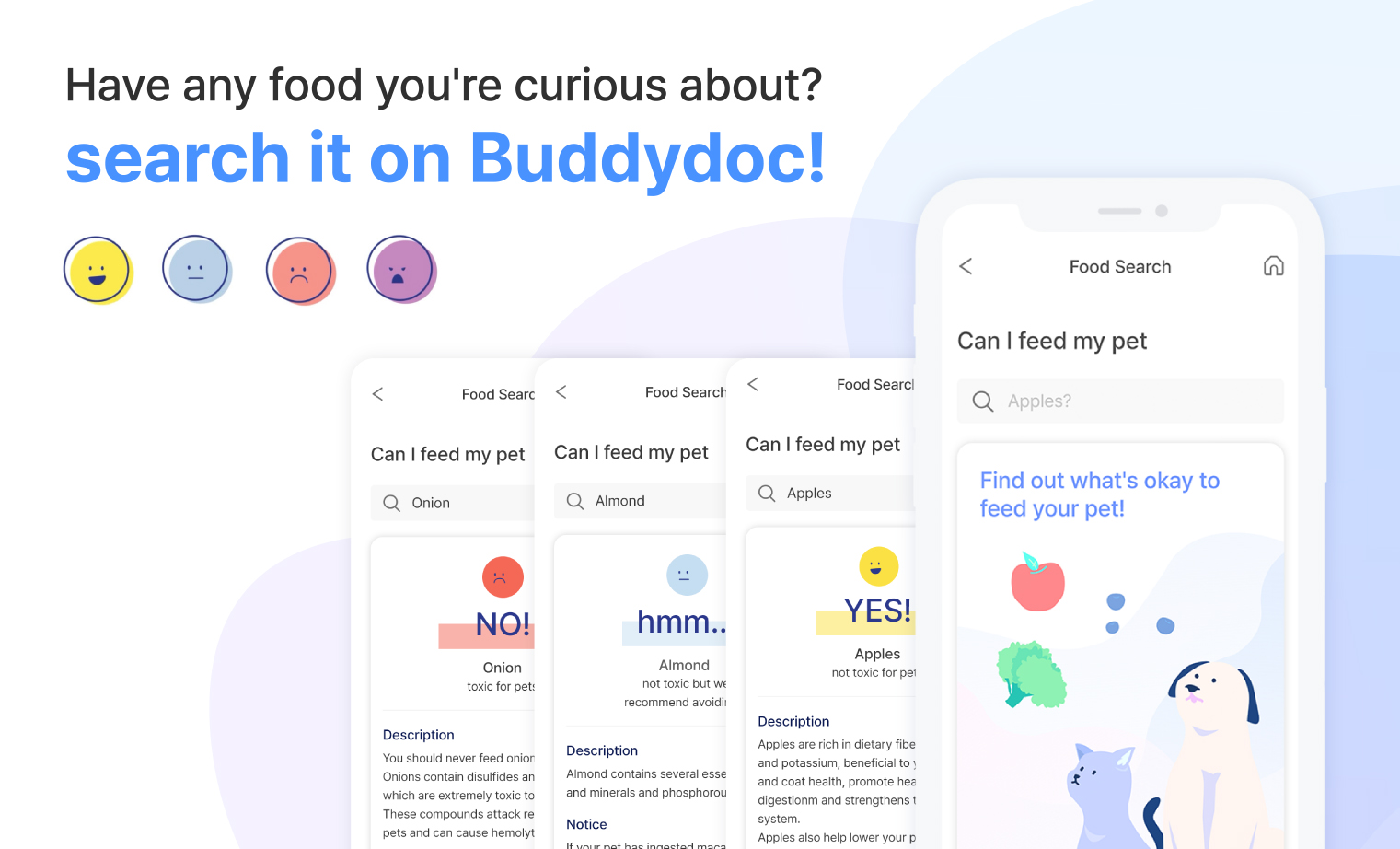
Does your dog also look up at you with those puppy dog eyes whenever you are snacking on something? You know foods like chocolates should not be shared with them but do you search the Internet every time if it’s okay to share a bite of whatever you are eating? The Buddydoc Food Dictionary provides information on hundreds of foods that we consume and informs you whether it is safe for them to consume and the nutritional benefits for your pet. If you're curious about other foods, try searching on Buddydoc!













